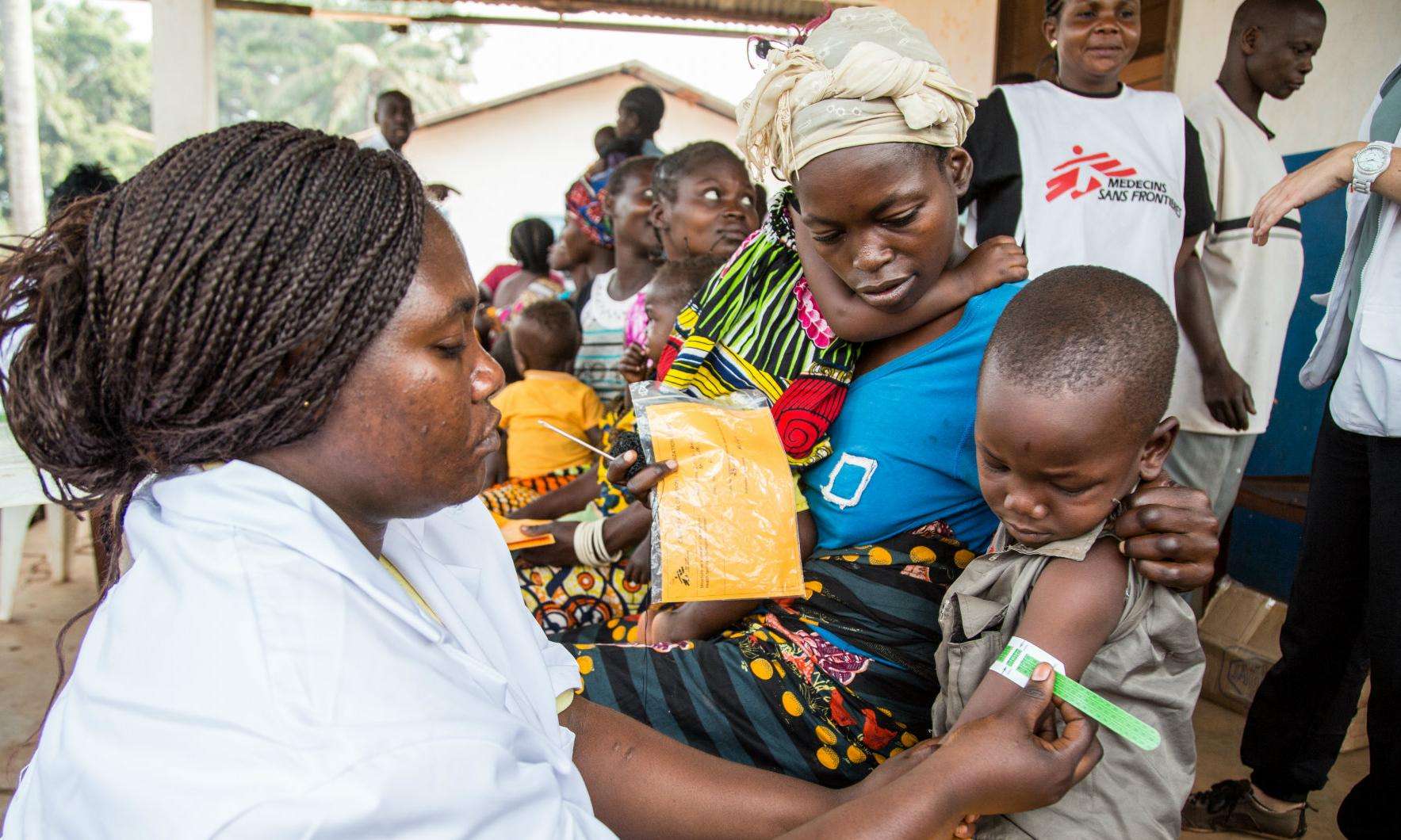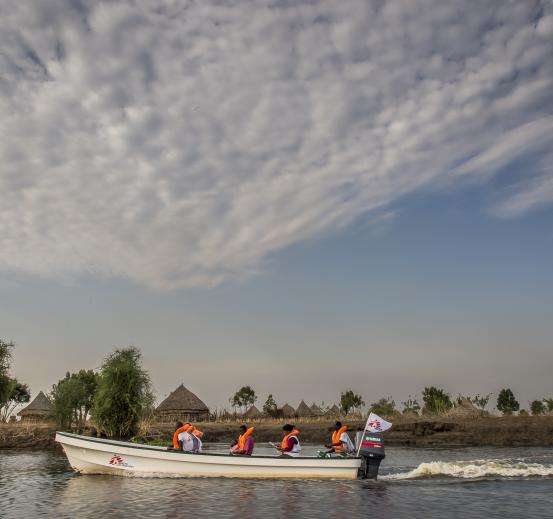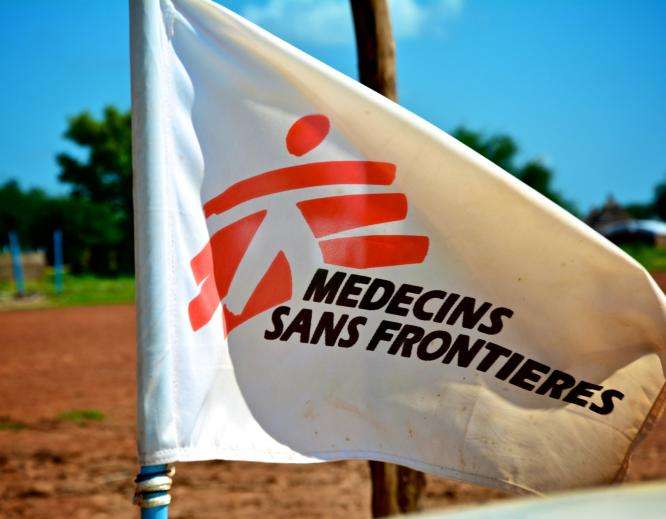Our focus
Learn about the crises our teams respond to, and how we adapt to provide the highest quality medical care in some of the world’s most challenging contexts.

Doctors Without Borders brings medical care to people affected by conflict, disasters, epidemics, and social exclusion.
Learn about the crises our teams respond to, and how we adapt to provide the highest quality medical care in some of the world’s most challenging contexts.
Armed conflict causes injury, displacement, sexual violence, and death, but it also continues to impact people’s lives and health long after the front lines have shifted. War devastates health systems, hampers access to medical supplies, and disrupts vaccination and other disease-prevention efforts, heightening the risk of outbreaks.
In conflict zones, MSF does not take sides. We provide medical care based on needs alone and work to reach the people most in need of help. Nearly one-fourth of MSF's projects are dedicated to assisting people living in conflict.
Earthquakes, floods, tsunamis, and major storms can force people to flee their homes and cut off access to safe water, health care services, and transportation, affecting the lives of tens of thousands in a matter of minutes. When minutes matter, MSF’s network of aid workers in more than 70 countries around the world are often the first to deploy rapid, lifesaving medical care. We keep pre-packaged supply kits to launch rapid responses as quickly as possible.
Millions of people around the world still die each year from infectious diseases that are preventable or treatable. Those at highest live in poverty or other precarious conditions, with limited access to health care and vaccinations.
During an outbreak of an infectious disease like cholera, measles, yellow fever, or Ebola, MSF teams react swiftly to provide lifesaving vaccines, treatment, and epidemiological services. From setting up temporary facilities to treat patients to running mass vaccination campaigns to improving water and sanitation services to help prevent the spread of disease, MSF teams adapt our emergency responses to the unique needs of communities.
More than 100 million people worldwide have been forced from home, uprooted by conflict, persecution, and other extreme hardships. On the move and in camps they often live in precarious conditions, cut off from essential services including health care.
When people are displaced, MSF teams conduct rapid needs assessments and work closely with affected communities to provide services including vaccination; primary care and mental health counseling; nutrition support; and clean water and sanitation.
Learn about how, why, and where MSF teams respond to different diseases around the world, and the challenges we face in providing treatment.
When disaster strikes, our teams of doctors, nurses, logisticians, and other staff are often among the first on the scene—sometimes arriving in a matter of minutes. Our financial independence enables us to freely evaluate medical needs, reach communities in need without restriction, and directly provide high quality medical care.


story Oct 20, 2024
Some humanitarian crises make the headlines—others don’t. Unrestricted support from our donors allows us to mobilize quickly and efficiently to provide lifesaving medical care to the people who need it most, whether those needs are in the spotlight or not. And your donation is 100 percent tax-deductible.